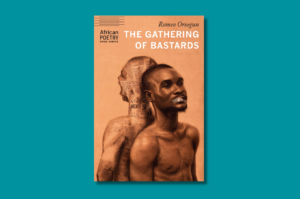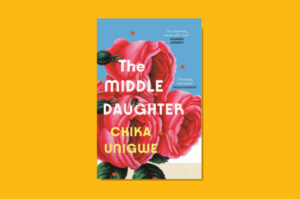
Musawenkosi Khanyile’s debut poetry collection All The Places shows the possibilities that open up in exploring the roots and routes of one’s life. The exceptional beauty of the collection places it in a class yet to be fully accounted for by the umbrella term of what South African literature ought to be.
The collection has three sections: rural, township, urban. While a linear reading might suggest the progressive trajectory of movement from one location toward something better, the poems do not allow for such a reading. Often the act of leaving is evoked in relation to feelings of guilt. A common refrain throughout the collection has the speaker stating “who would tell that I left you a dining room floor to sleep on.”
Yet, this guilt is made all the more interesting by the speaker criticizing the lives of those he leaves behind. In the poem “Routines,” the repetitive meter and household imagery creates a poem that questions the mundane and often forgotten factors of life. Khanyile uses his first-hand experience of having lived across these places to criticize those who live there. His criticism works because it comes from a place of understanding. He uses the experiences gained from other places and questions what others take for granted.
The titular poem of the collection, “All The Places,” engages with memories and movements. The poem centers the collections’ engagement with memories and how the past never really disappears. As one of the few poems written in the third-person, the speaker seems more removed. It is as if the speaker, dissatisfied with the life he now leads, is a shadow of that same speaker who earlier engaged with his rural and township upbringing. In this way, the one hearkening back, the one who holds the places he came from, seems different from the one who earlier spoke of his dissatisfaction with the life he once led.
Both perspectives have pertinence in the lingering divisions in South Africa life. The collection was awarded the Poetry Award by the South African Literary Award’s as a response to South Africa’s need for writing that addresses social division. I do agree that the collection is a worthy recipient of the award, but there’s something ironic about praising a collection that traverses boundaries by imposing a geographical literary label on it. While undoubtedly South African, the collections’ engagement with space, place and memory has pan-African resonances. Its concerns are legible to African’s more broadly. The way Khayile’s collection engages with the divisions that continue to haunt our worlds renders it relevant, beyond the South African experience, to a wider African audience. His work shows the need for South African literature to become more engaged with the Africanness of itself.
Buy All The Places: African Books Collective | Amazon








COMMENTS -
Reader Interactions